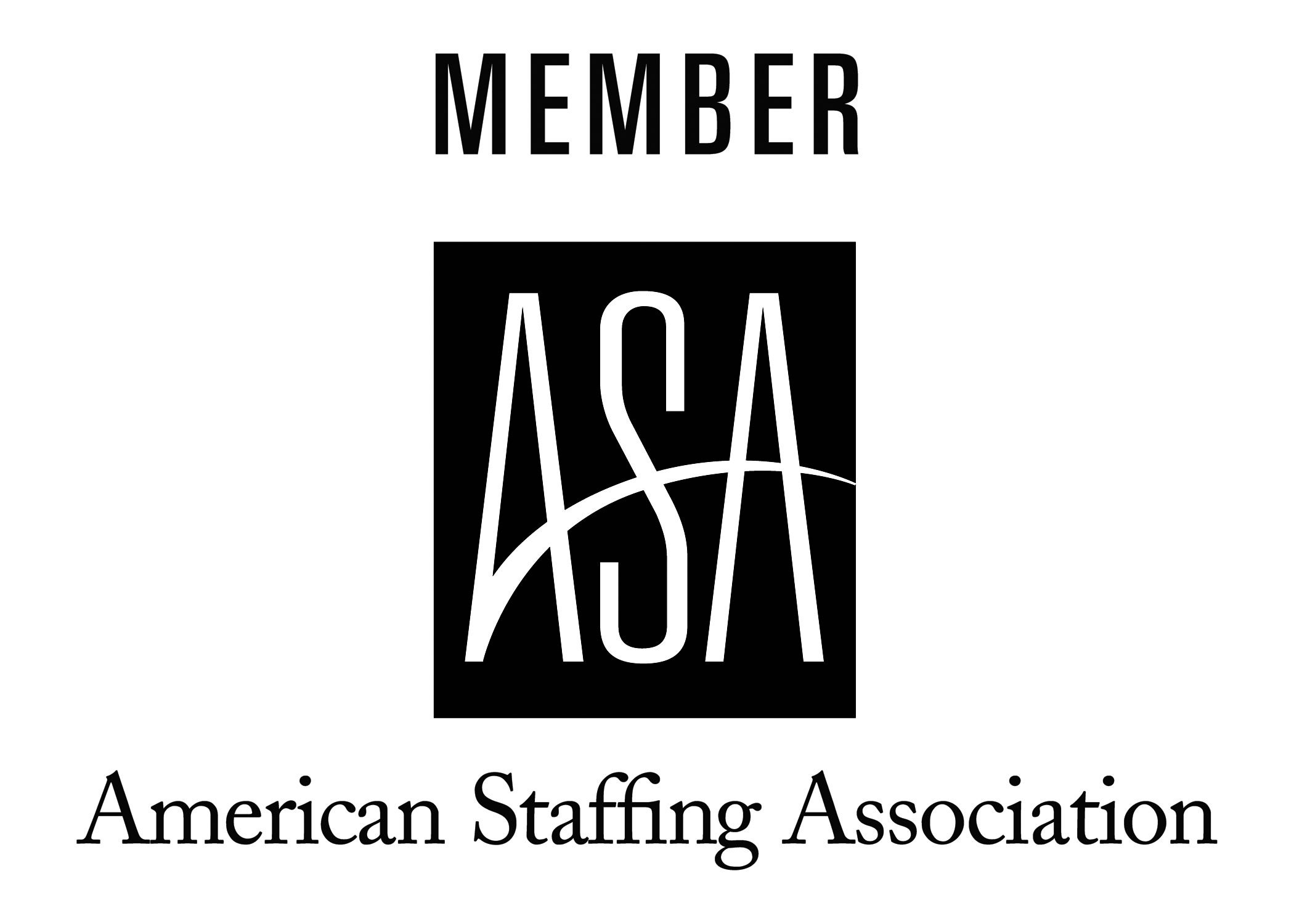In today’s interconnected world, cultural competency isn’t just a skill—it’s a powerful tool for social workers dedicated to bridging divides and uplifting communities. Our society is a vibrant mosaic of backgrounds, beliefs, and traditions, making it more crucial than ever for social workers to understand and celebrate this diversity. But what does it mean to be culturally competent? And how can social workers break down cultural barriers to provide real support and advocacy for every client?
In this blog post, we’ll explore best practices for helping social workers connect across cultures, build trust, and honor the unique identities of each person they serve. Join us as we explore practical strategies for fostering inclusivity and empowering individuals.
Understanding Cultural Competency
Understanding and embracing cultural competence is vital for effective social work practice. The National Association of Social Workers (NASW) underscores the importance of culturally competent practices to address the unique challenges faced by diverse populations due to social systems. Social workers must embrace cultural differences and cultivate cultural awareness to enhance their effectiveness.
According to NASW standards, practitioners are expected to respect the cultural values of their clients while also appreciating their cultural backgrounds. By adhering to the NASW code of ethics and acknowledging barriers to social change, social workers can engage meaningfully with clients from various cultural contexts. Given the complexities of social diversity and the realities of oppression, a commitment to cultural sensitivity is essential in the field of social work.
The Elements of Cultural Competence
Cultural competency comprises three essential elements:
Awareness of One’s Own Cultural Identity
Self-awareness is foundational to cultural competence. Social workers must acknowledge their own cultural backgrounds, biases, and values, as these personal experiences shape their interactions with the clients and communities they serve. Recognizing how your identity influences your perceptions helps prevent the unintended imposition of your cultural norms on others, ensuring a more open and respectful approach to working with diverse populations.
Knowledge of Different Cultures
A deep understanding of cultural practices, beliefs, and traditions is essential for effective social work. Social workers must continually educate themselves about the cultures they engage with to provide interventions that are not only respectful but also relevant and effective. This knowledge helps avoid stereotypes, misinterpretations, and misunderstandings, allowing social workers to offer more appropriate and tailored support to clients from diverse backgrounds.
Culturally Appropriate Communication Skills
Effective communication is a vital part of cultural competence, and it goes beyond simply sharing a common language. Social workers must be adept at interpreting non-verbal cues, adjusting their communication styles to respect cultural norms, and utilizing interpreters when necessary. These skills foster trust and ensure that clients feel understood, creating a more effective and supportive relationship.
The Landscape of Diversity in the U.S.
The United States is a vibrant mosaic of cultures, with various racial and ethnic groups contributing to its diversity. According to the U.S. Census Bureau, Hispanic individuals make up over 18% of the population, while African Americans represent around 13%. Asian Americans, Native Americans, and multiracial communities add further complexity to this demographic landscape, underscoring the importance for social workers to understand and appreciate the backgrounds of the clients they serve.
For social workers, this diversity requires adapting methods to meet the unique needs of individuals from different cultural backgrounds. This adaptability goes beyond demographic awareness; it involves recognizing challenges faced by these communities, including socioeconomic inequality, health disparities, and systemic discrimination. By acknowledging these factors, social workers can approach clients with empathy and tailored strategies, enhancing the relevance and effectiveness of their support. This responsiveness not only improves client outcomes but also builds trust, as clients see that their social worker respects their unique cultural context.

Best Practices for Enhancing Cultural Competence
As a social worker, you understand that each person you serve is unique—shaped by their culture, experiences, and identity. To truly make a difference, it's essential to develop and maintain cultural competence. This isn't a one-time effort but an ongoing journey that can empower you to connect with clients more meaningfully and provide the best possible support. Here are some best practices you can apply to enhance your cultural competence and strengthen your impact:
Embrace Lifelong learning.
Cultural competence begins with a commitment to continuous education. As communities evolve, so also must your understanding of diverse cultural norms and practices. Engage in cultural training, workshops, and self-guided learning to enhance your ability to navigate complex social dynamics and build stronger connections with the people you serve. The National Association of Social Workers offers valuable resources to support your growth in this area.
Examine Your Own Biases
Cultural competence starts with self-awareness. Reflect on your own biases, assumptions, and preconceived notions. By recognizing how your personal experiences shape your interactions, you can approach clients with greater openness and understanding, ensuring that you provide a nonjudgmental space for them to share their stories.
Humble Yourself
Humility is essential to cultural competence. Recognizing when you make mistakes—whether by misinterpreting a client's needs or overlooking their cultural perspective—is key. Owning up to mistakes, apologizing sincerely, and making adjustments shows that you are dedicated to improving your practice. This openness to growth fosters trust and ensures that you approach clients with respect and understanding.
Master Cross-Cultural Communication
Effective communication extends beyond words. Developing cross-cultural communication skills means being mindful of body language, tone, and cultural nuances. Pay attention to non-verbal cues and be aware of language barriers. When necessary, use interpreters to ensure your message is clear and your client feels heard and understood.
Build Trust Through Empathy and Respect
Trust is built on genuine connections. Demonstrating empathy and respect for your client’s cultural background allows them to feel safe and valued. Active listening and acknowledging their experiences are critical to fostering strong, trusting relationships that form the foundation of impactful social work.
Integrate Culturally Relevant Approaches
Respecting a client’s cultural practices, beliefs, and traditions strengthens the effectiveness of your interventions. Tailor your approach to align with their values, using culturally specific resources and methods to create a more relevant and impactful support system. This ensures that your work is not just appropriate but also meaningful to the client.
Advocate for Justice and Equality
Social workers have a responsibility to advocate for systemic change. Support policies and practices that promote fairness and equality, particularly for marginalized communities. Challenge discriminatory practices and promote inclusivity to create lasting change both on an individual and societal level.
Seek Support and reflect.
Cultural competence requires ongoing reflection and support. Seek supervision, peer consultation, and mentorship to gain new insights and refine your practice. Sharing experiences with colleagues, especially those from different cultural backgrounds, can provide fresh perspectives and help you navigate complex situations with greater confidence.
Conclusion
As the demographic landscape of the United States continues to shift, cultural competence in social work becomes not just important but essential. By embracing lifelong learning, reflecting on personal biases, and continually honing communication skills, you position yourself to foster more meaningful connections, break down barriers, and advocate for lasting social change. In a world rich with diversity, your ability to connect with clients on a deeper level is what drives real progress. As you commit to understanding and respecting the unique cultural identities of those you serve, you not only enhance your practice but also contribute to a more inclusive and equitable society. The work you do matters, and by strengthening your cultural competence, you ensure that it has a lasting, positive impact on every individual you encounter.
Partner with Verovian Social Recruitment Agency for Your Next Social Work Opportunity
As the field of social work evolves, so too does the need for professionals who are committed to understanding and navigating the rich diversity within our communities. At Verovian Recruitment Agency, we recognize the importance of cultural competence in shaping effective social work practice, and we're here to support you as you pursue opportunities where your skills can truly make a difference.
We are dedicated to helping social workers like you find positions where you can thrive, apply your cultural knowledge, and make a meaningful impact. Whether you’re looking for a role that embraces diversity, provides ongoing professional development, or offers the chance to advocate for social justice, Verovian Social Recruitment Agency can connect you with employers who share your commitment to cultural competence and community empowerment. Register with us today and explore the roles that align with your passion for creating positive change. Let us help you find the right fit so you can continue making a difference in the communities you serve.





